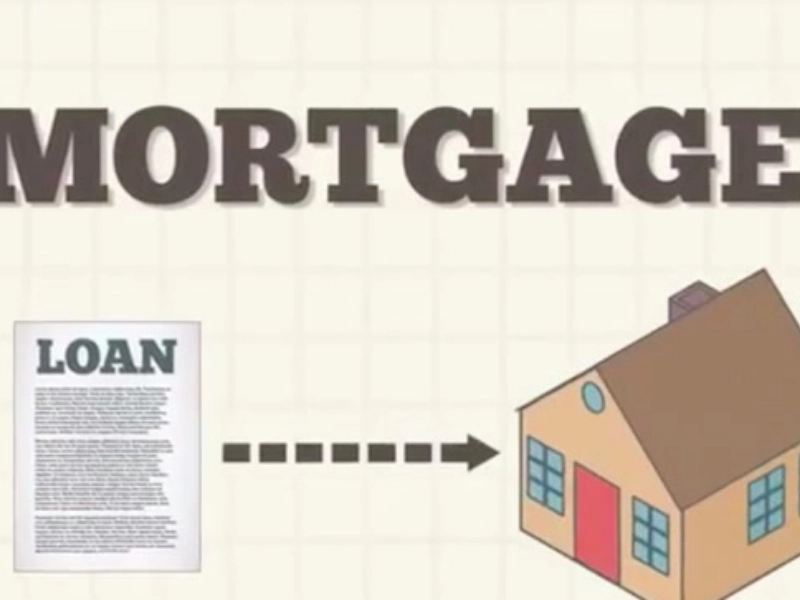An increasingly common financing option for senior citizens is this one. But before you take one out, there are a lot of things to think about.
How They Operate

Borrowers might take out a reverse mortgage to access the equity in their homes. The money might be given to them as a single sum at closing, as installments every month, or as a line of credit that will increase at a certain rate. These choices can also be combined.
Until they sell their house, move, or pass away, they are exempt from repaying the debt. In the event that they do, the outstanding amount, property taxes, and homeowner's insurance premiums must be reimbursed.
Speak with an expert counselor before considering a reverse mortgage. Additionally, compare loans because they have different rates and costs. Request the Total Annual Loan Cost (TALC) rate from the lender. This will enable you to view a reverse mortgage's entire cost.
Requirements

Reverse mortgage eligibility typically requires the borrower to have significant home equity and be at least 62 years old. This sum is equal to the home's appraised worth less any existing liens or mortgage balances. The proceeds of a reverse mortgage might be paid out as a one-time payment, as a line of credit, or as regular installments.
In order to make sure that the borrower can pay for continuing property costs like taxes and insurance, the lender conducts a financial evaluation. This is to guard against debt that is past due for borrowers. HECM loans are generally offered for owner-occupied properties with two to four units or single-family houses. Homeowners may also be eligible for these loans for prefabricated homes, condominiums, and condo developments that have received HUD approval.
Rates of interest

Reverse mortgage interest rates come in a range of fixed and variable rates. Since they are non-repayment loans that don't need to be repaid until you sell, move, or die away, they differ from other conventional loans, home equity loans, and HELOCs.
Interest rates are influenced by market factors, competitive positioning, and the policies of your lender. For instance, a strong demand for mortgages could result in higher rates, but a weak housing market could lead to lower rates.
Because a larger portion of the loan balance is set aside for future interest at higher rates, interest rates also have an impact on the amount of loan profits that borrowers get. Because of this, it's critical to monitor rates over time so that clients can assess whether the timing works for them.
Charges

A large number of reverse mortgage fees, such as origination, appraisal, third-party closing, and maintenance fees, are capped or tightly regulated. Depending on the borrower's financial situation, some lenders even waive these costs.
Additionally, some lenders provide a life expectancy set-aside option, which can aid in guaranteeing the continuous payment of real estate taxes and insurance premiums. Seek clarification from a counselor.
Reverse mortgages should only be taken into consideration if you are in good health, need an extra income stream, have a sizable amount of home equity, and are at least 62 years old. To be sure it fits into your overall retirement plan and will bring about the benefits you expect, you should also speak with a financial counselor. Using their free application, SmartAsset pairs you with impartial financial consultants who can assist you in evaluating your circumstances.
Taxes

Reverse mortgage payments are tax-free when made in the form of a lump sum or recurring "income" installments. As are the monthly interest payments that are folded into the loan total for the reverse mortgage's ongoing interest and upfront mortgage insurance fee.
Nevertheless, accumulated mortgage interest and insurance premiums do become taxable when the loan is repaid, whether in the form of a single sum or recurring installments. To make sure there is enough money to cover the deductions in that scenario, it could be prudent to make plans ahead of time and generate revenue in the year the loan is repaid.
Remember that collecting loan funds from a reverse mortgage may affect your ability to receive government benefits like Medicare and Social Security. For this reason, it's advisable to consult a financial expert to comprehend the implications for your particular circumstances.
Recommended Reading: Considerations for Refinancing Student Loans
























Strong premise. What’s the risk?